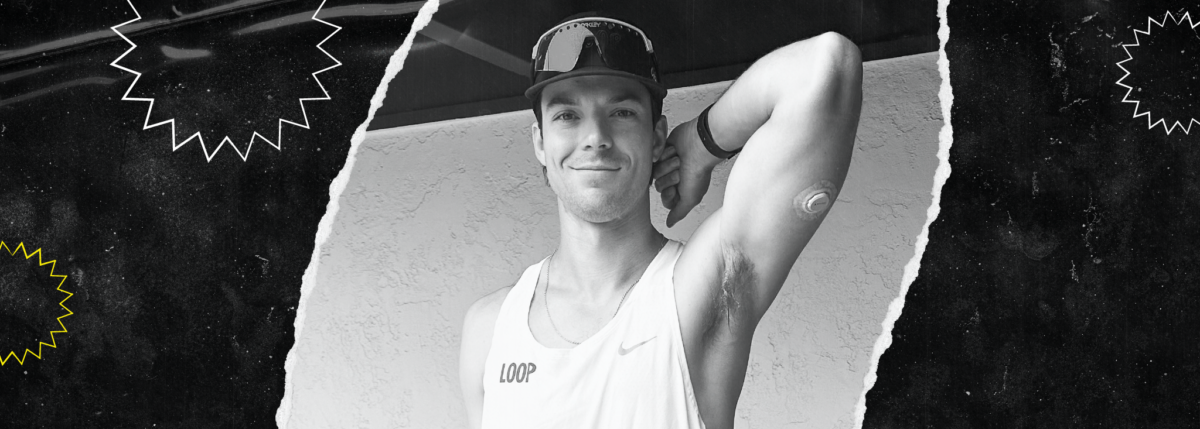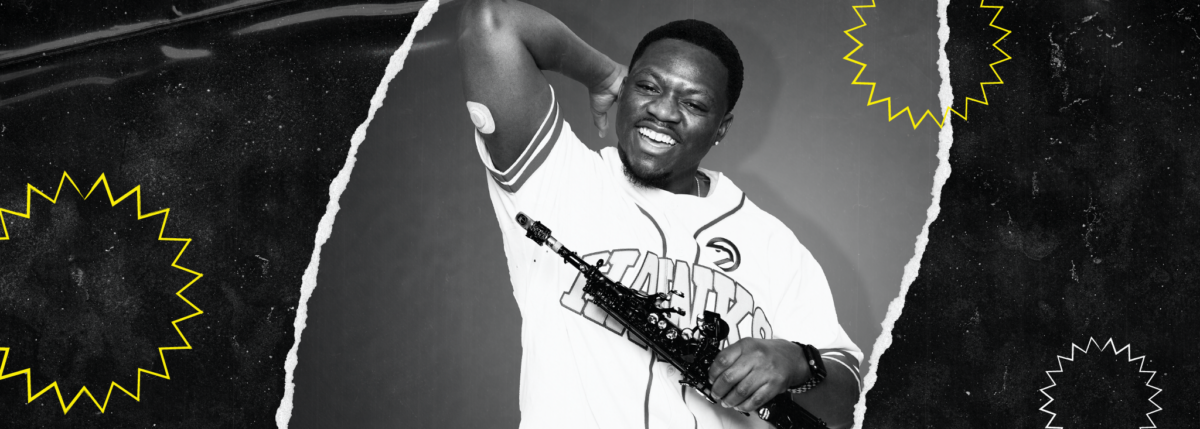On T1D and Manhood
Written by: Rob Howe
3 minute read
March 14, 2017
I interact with a lot of people with type 1 diabetes (T1Ds) online every day, and something occurred to me the other day, women with T1D are much more apropos to share their T1D journey with others than men. There are a few exceptions, but for the most part it seems like men with T1D try to “tough guy” their way through this disease. So here I am, extending an olive branch to all my type-1 bros to say this: It doesn’t make you less of a man to be vulnerable about your diabetes. In fact, accepting yourself for who you are may be the manliest thing you can do.
I was diagnosed at 16, in the middle of my high school athletics career, an alpha male golden boy in training. Even if I wanted to believe that I handled this disease on my own, that I was able to conquer my fear, doubt and worry by the sheer strength of my broad (albeit skinny) man-shoulders, I couldn’t do it with a straight face. I am who I am (12-year-T1D with a 6.1 A1c) by standing on the shoulders of giants, by asking for help, by being open about my struggles. But it wasn’t always that way. I used to get defensive when people would ask me about my diabetes, even if they were just genuinely curious. I didn’t want them to marginalize what I went through every day, just because externally it seemed fairly easy to manage.
I admit, I was very lucky. I had an amazing diagnosis and diabetes training thanks to Children’s Medical Center of Dallas, and my mom had around 15 years of health and wellness experience which was instrumental in the post-diagnosis days. As an angsty type-A teen, it was a difficult adjustment to have my mom suddenly so invested in my life, but looking back 12 years later, I wouldn’t have done it any other way. My parents sat down with all my friends and gave them what I would later call “the glucagon talk.” Certainly I thought it was overkill at the time, but it was extremely helpful to have their support. Though I think my friends secretly hoped that I’d have a bad hypo so they could stab me in the leg with that glucagon shot (spoiler alert: they never got to).
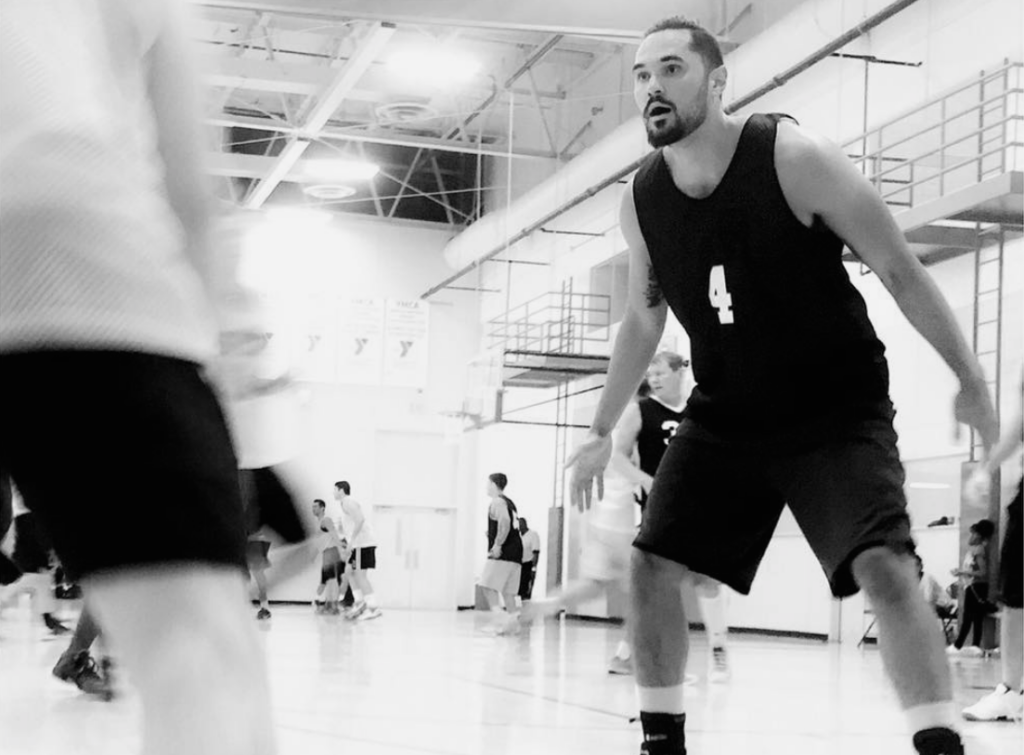
I turned out to be pretty good at basketball, so I had my pick of schools where I could go play. My first meetings with my final list of schools were with the athletic trainers, unlike other students who would meet with coaches or admissions officers. I knew that I was going to need to work very closely with them over the next four years if we were going to make it through, and thankfully, I got super lucky with all my trainers (major shout out to Brian, Aimee, Jenny, Becca and John-Michael). But it wasn’t always easy—my coach was really old-school, and I frequently had to pull myself out of practice to test my blood sugar or get insulin or Gatorade during the most intense parts of practice. Talk about emasculation! My coach even called me out in front of the team a few times because of my diabetes control. Psychological tug of war of the worst degree. My toughness was called into question, my teammates felt I had a way out of the toughest fitness days and even I doubted some days whether I could handle all the physical strain. It wasn’t easy, but it was worth it and that’s a lesson I couldn’t have learned any other way.
Let’s not leave out every male T1D’s greatest question: “What about the ladies?” In a society that puts pressure on young men to be hyper macho conquerors of the universe with no weaknesses or flaws, how will someone with T1D ever hope to find a mate? When I speak to T1D teens, I often find myself saying something to the effect of, “Life is long, and high school kids are the worst.” I believe this to my very core, but the truth of it is simple: if you’re looking to have a relationship of any kind with anyone, and they can’t accept you for who you are, you’re better off without them. That’s easy to say in hindsight, but I can confidently say that because I was honest about who I was and what I went through with my diabetes; it never has gotten in the way of my relationships, romantic or otherwise.
Make no mistake, being a man isn’t about being tough, handling your problems on your own, how fit you are, how much money you make or how successful you are. Being a man is being able to look yourself in the mirror, know who you really are and accept yourself and all your flaws (also, being a generally good and kind person). For me personally, I’m thankful that I was diagnosed with T1D because it shaped who I really am. If I didn’t have it, I would never have been introduced to this amazing community of people who genuinely care for each other. And if you’re missing out on all the support and inspiration because you’re too tough to ask for help or be open about a struggle or two, then I feel sorry for you.
So men, let’s build each other up, be the giants that others can stand on the shoulders of and fight every day to make a better life for all T1Ds out there. In other words, just follow the lead of all the great T1D ladies out there. 😉
Check out Rob’s website and podcast Diabetics Doing Things, where he shares stories of incredible feats accomplished by T1Ds.
Read Fear is the Mind-killer by Steve Richert.

Author
Rob Howe
Rob Howe lives in Dallas, Texas, and is a 12-year-T1D. After being diagnosed at the age of 16, Rob went on to live his dream of playing collegiate and professional basketball and travel the world. In 2016, he founded Diabetics Doing Things to tell the amazing stories of people living with type 1 diabetes (T1D). You can listen to the Diabetics Doing Things podcast, or follow it on Instagram. You can also follow Rob on Instagram, you know if you want.
Related Resources
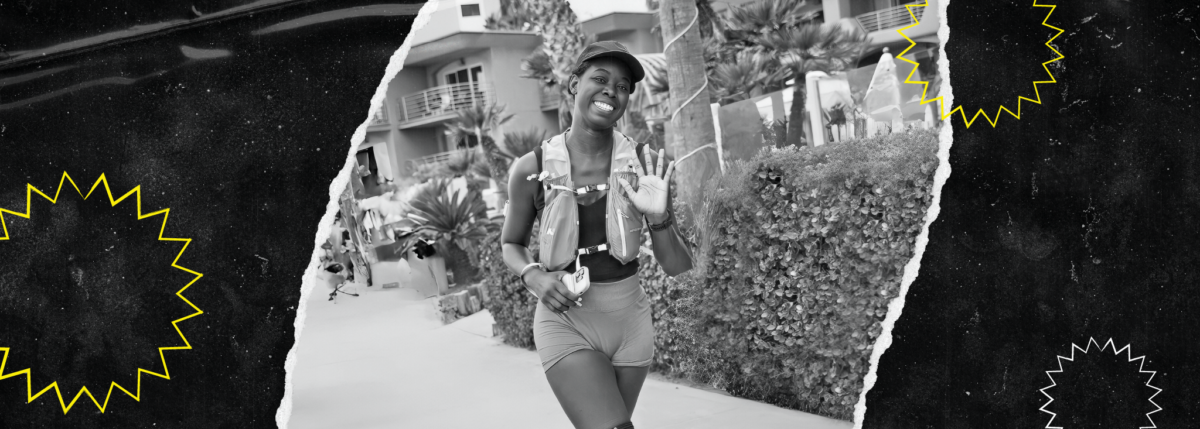
Danica Collins not only prepared for one of the most challenging physical events of her...
Read more
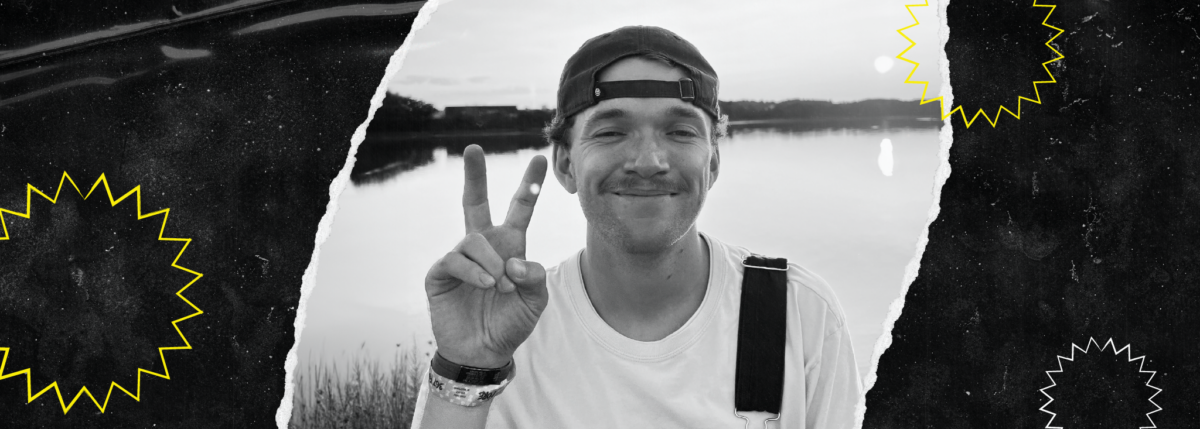
Beyond Type 1 is spotlighting inspiring athletes with type 1 diabetes as they prepare for...
Read more
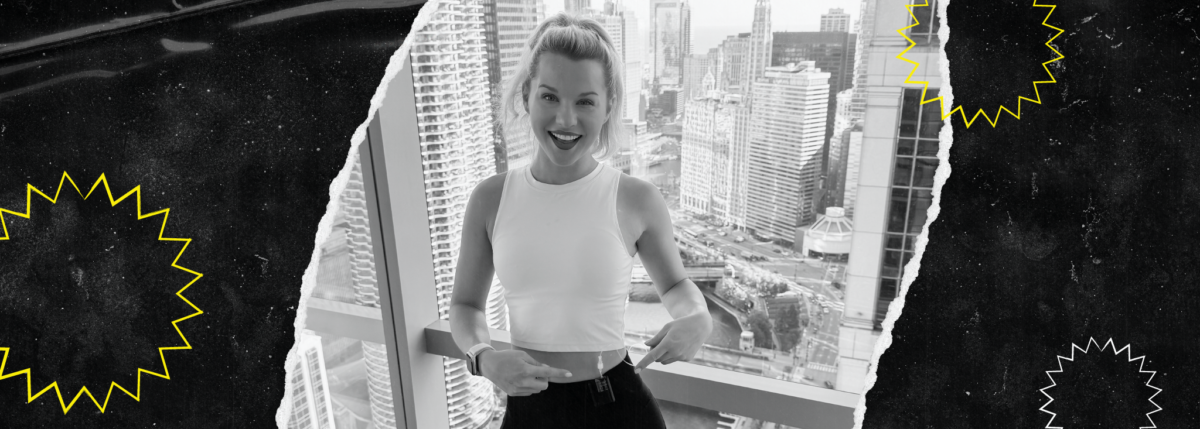
On November 3, 2024, Taylor Rindfleisch of Chicago laced up her running shoes for the...
Read more
